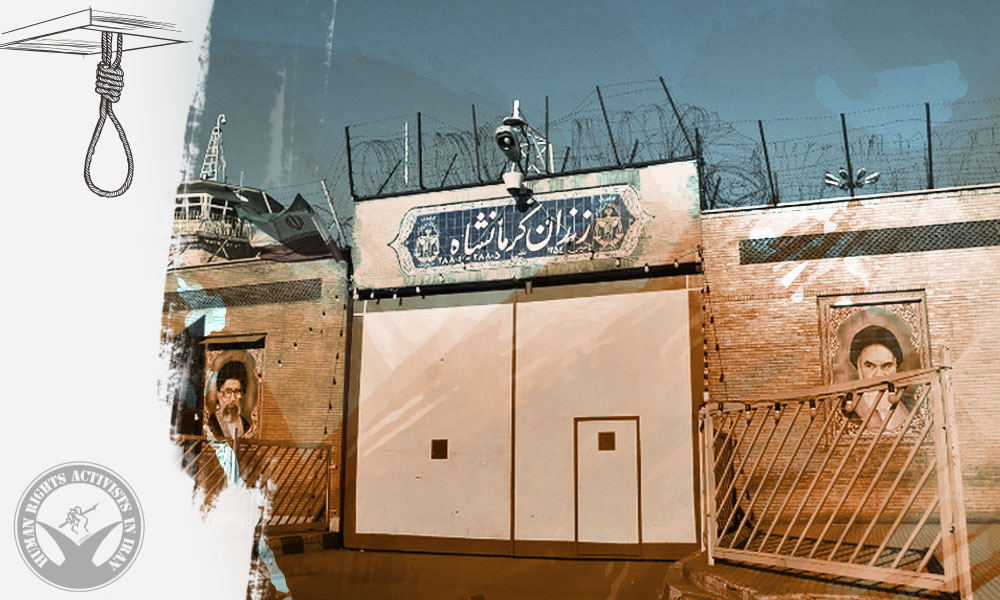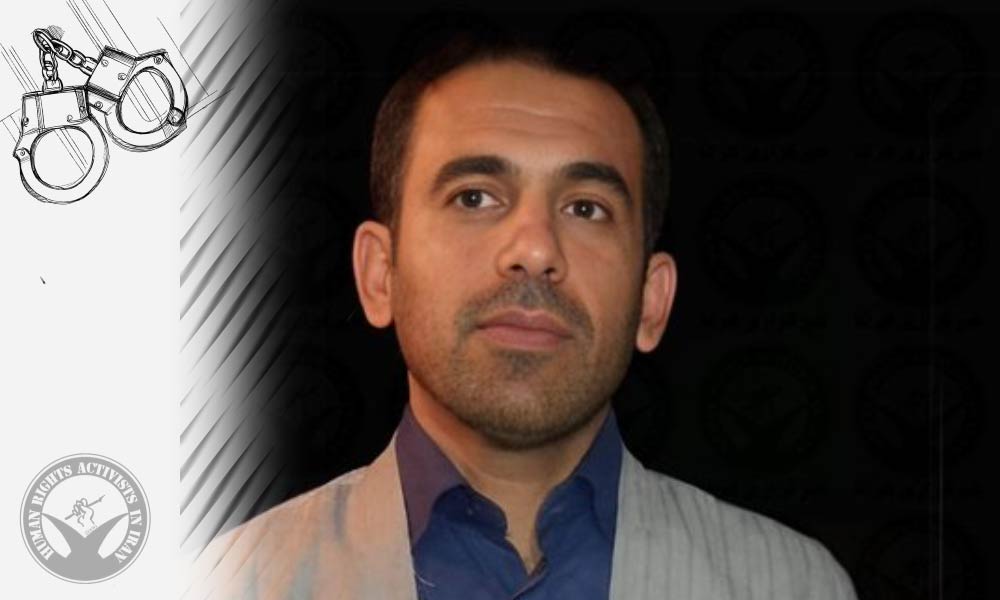HRANA – On Sunday, September 21, three prisoners were executed in Dizelabad Prison in Kermanshah.
According to HRANA, one of those executed was Hadi Norouzi, who had previously been arrested on charges of murder and later sentenced to death by the Criminal Court.
The Iran Human Rights confirmed the identities of the other two prisoners as Saeed Ghobadi and Kazem Jameh Shourani.
Saeed Ghobadi, a resident of Sarpol-e Zahab, had been arrested seven years ago on charges of murdering his wife and later sentenced to death by judicial authorities.
Mr. Jameh Shourani, 27 years old and a native of Kurdistan, had been arrested about 17 months ago on charges of murdering his cousin and subsequently sentenced to death by the Criminal Court.
As of the time of this report, the executions of these prisoners have not been announced by prison officials or relevant authorities.
In 2024, according to 812 reports compiled by HRANA, the Iranian regime executed 930 individuals in its prisons—marking the highest number of executions in the past 12 years. Despite the scale of these executions, prison officials and other relevant authorities publicly acknowledged only 6% of them, highlighting the regime’s lack of transparency and accountability.






